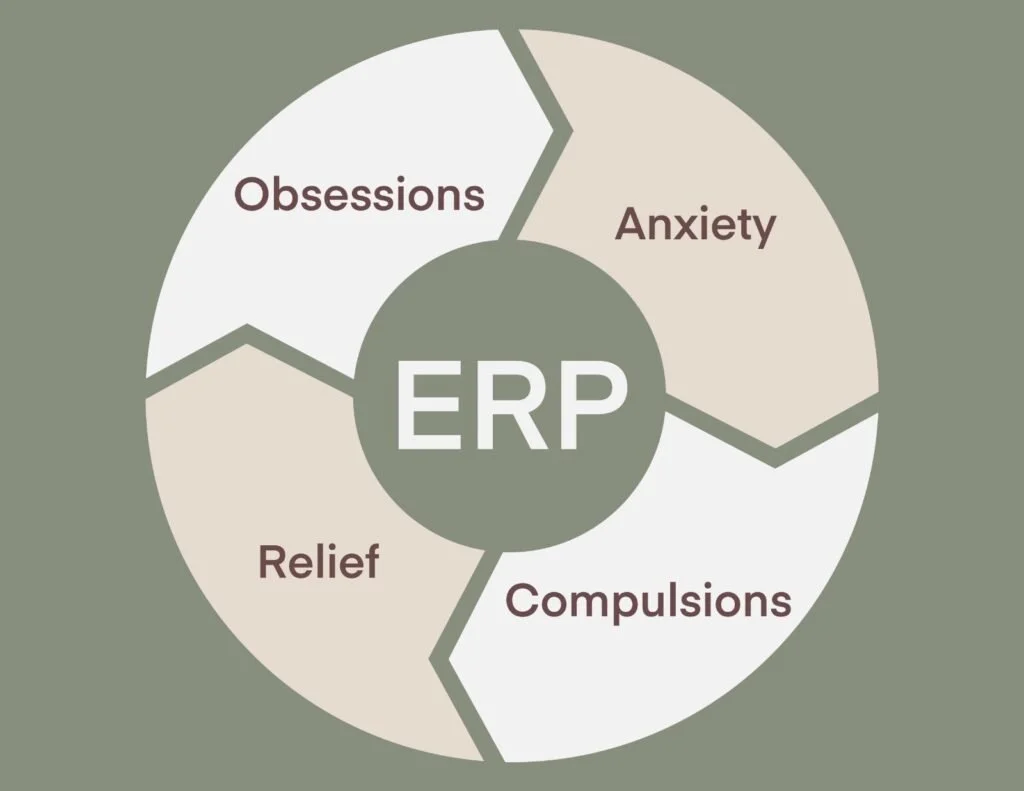How Does the Brain Respond to EMDR?
EMDR stands for Eye Movement Desensitization and Reprocessing. This is a type of therapy that can help accelerate someone's natural healing state, especially when that individual may have unresolved past trauma.
6 Tips for Calming Autism-Related Anxiety
Autism and anxiety often go hand in hand. Research has shown that over half the amount of individuals who struggle with autism often deal with anxiety as well.
Overcoming Trauma: A Guide to Healing
Traumatic events are complex. They can cause signs and symptoms that tend to stay with a person for weeks, months, or even years after a traumatic event took place.
Practical Strategies for Handling OCD
Obsessive Compulsive Disorder (OCD) is a common condition, but that doesn't mean it's easy to navigate. Living with OCD can be a challenge. This condition can impact one's daily life and routine and cause disruptions to multiple areas of their life.
Managing OCD: A Comprehensive Guide to Exposure and Response Prevention
Exposure and Response Prevention is a type of behavioral therapy that helps people with anxiety disorders, like obsessive-compulsive disorder, learn how to cope with their obsessions and compulsions with the help of gradual exposure.
The Science Behind ADHD: Understanding Its Impact on the Brain
ADHD is a common mental health condition that many people across the world struggle with. Despite it being fairly common, it's a condition that not many people understand.
Understanding OCD and the Power of Exposure and Response Prevention (ERP) Therapy
While the process requires commitment and courage by facing their fears and resisting compulsions, people with OCD can reclaim their lives and build a future where anxiety no longer dictates their actions.
Navigating Seasonal Depression
As crisp autumn mornings begin and the leaves turn vibrant reds and yellows, many people feel comfort in the slowdown from the warmer seasons. However, for some, the change can bring a dip in mood, feeling tired more often, and even a sense of dread. While changing seasons can impact many people, it’s essential to recognize that mood changes can go beyond “autumn blues.” Let’s explore what seasonal depression is and common symptoms, and finally, some ideas on managing it as we head into the rest of the year.
Navigating Social Anxiety, Friendships, and School: A Guide for Adolescents and Their Support Systems
Social anxiety can be a significant barrier to forming and maintaining friendships for adolescents, but with the right strategies and support, it is possible to overcome these challenges. By understanding the impact of social anxiety, implementing evidence-based strategies, and providing supportive environments, adolescents can build meaningful relationships and improve their social well-being.
Embracing The Present: The Transformative Power of Mindfulness
Mindfulness isn't merely a practice; it's a state of being that grants insight into our thoughts, emotions, and bodily sensations as they unfold in real-time. This heightened awareness allows us to respond thoughtfully to stress, triggers, and urges rather than succumbing to impulsive reactions rooted in old, unhelpful habits.
Managing Student Stress
Fireworks, barbeques, camping trips, and vacations are some of the best parts of the summer. Most students are probably out having fun and not thinking about the pressures of the next school year when school is out. But, as July ends and August is just around the corner, student stress will surely rise again. Maybe reading that is reminding you that you are starting classes again soon, and a few questions might pop up, too, like, “Why is this so stressful?”, “Why do I feel this way?” and “How do I manage this stress?”.
5 Coping Strategies for ADHD
Whether it’s struggling to sit in a class for a long time or can’t quite find the motivation to do chores, ADHD can impact several facets of life. Here are five strategies to better understand your ADHD and incorporate them into your daily routine.












